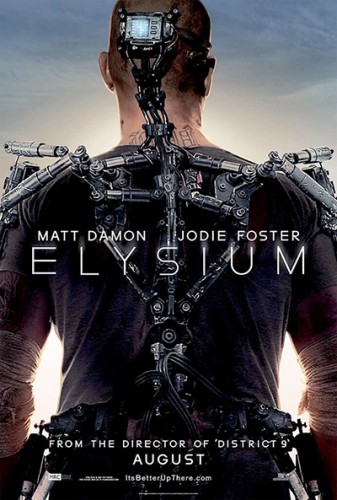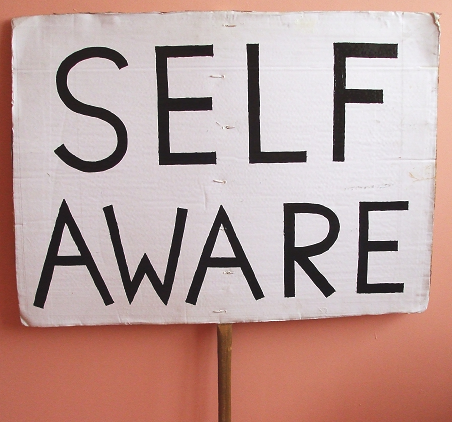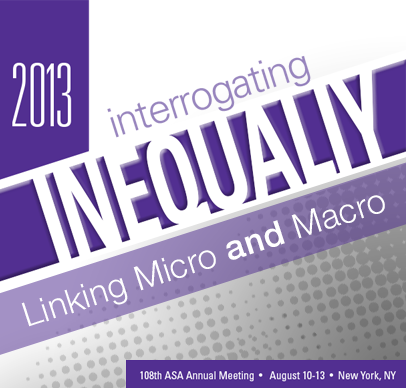Let’s get the obvious out of the way: Elysium was trashy action flick. It sacrificed any pretense of plot or character development to maximize the number of fight sequences and explosions. It’s clearly geared toward the X-Men 7/J.J. Abrams crowd. However, Elysium does accomplish a few things worth considering:
- It injects a class narrative into an action movie—a genre that has been intellectually moribund in recent decades.
- It offers a revolution (as opposed to reform) narrative.
- It envisions a dystopia arising more from state neglect than from state control.
- It avoids technological reductionism.
(Note: Spoilers to follow) more...








